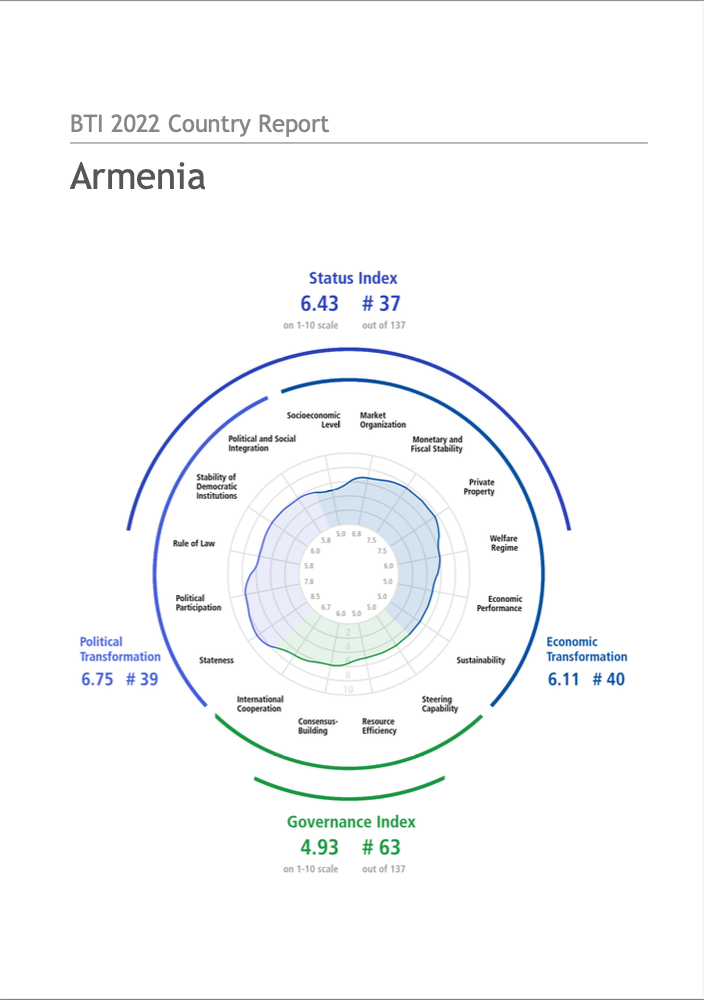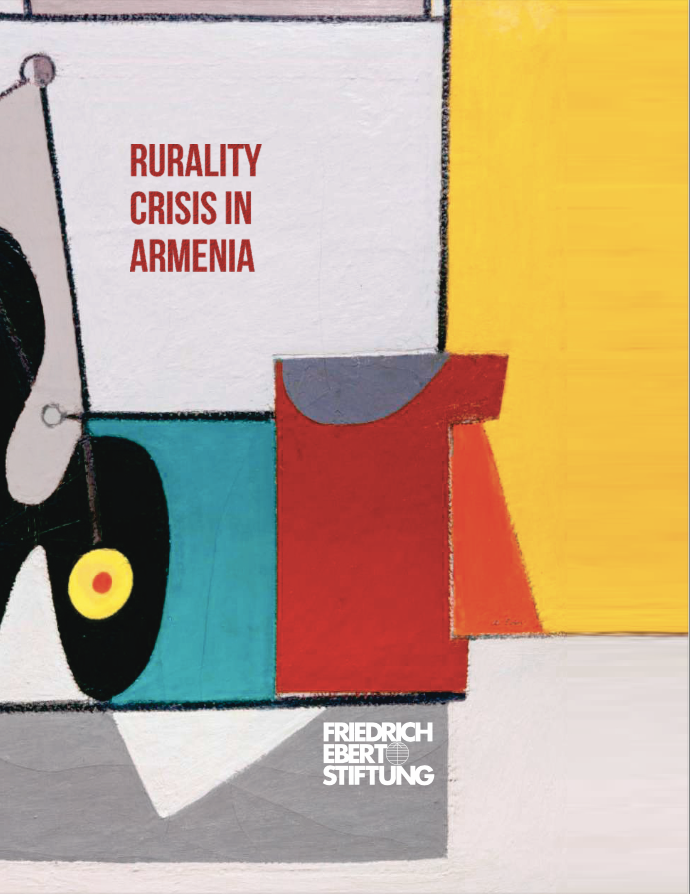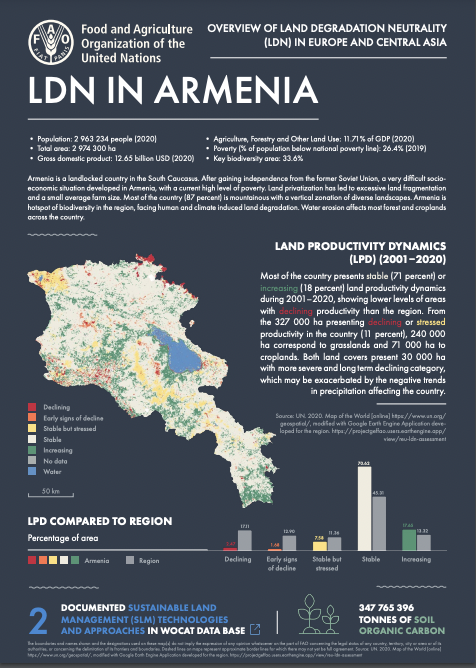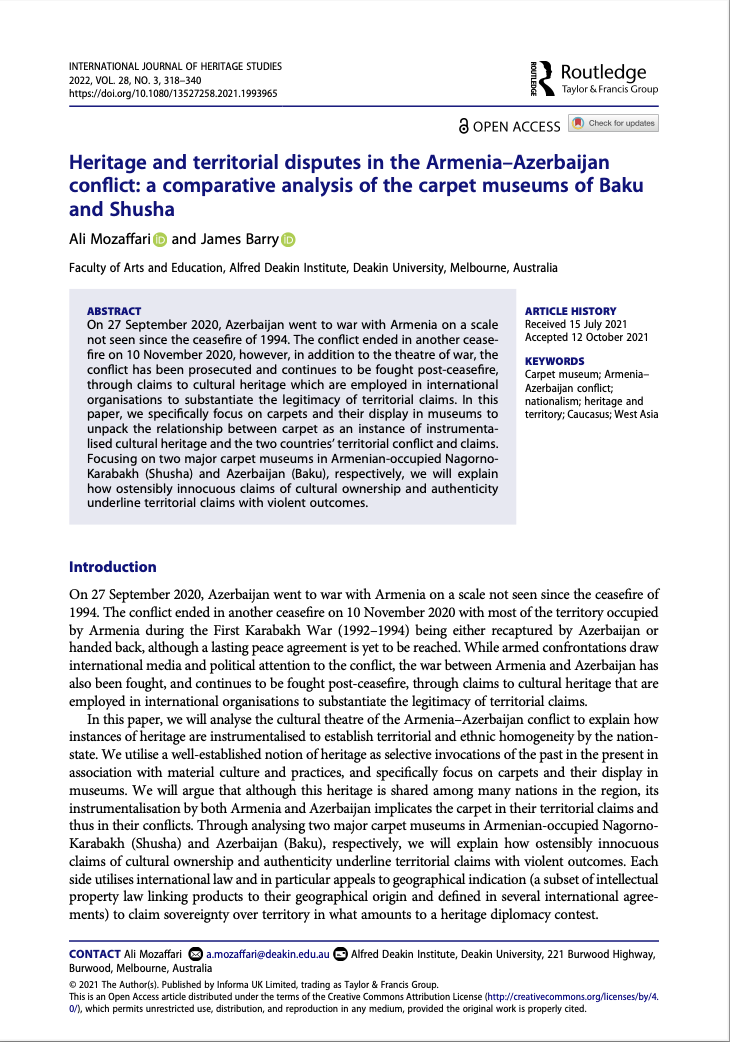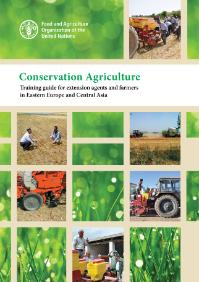The crucial event in the reporting period was undoubtedly Armenia’s war with Azerbaijan. On September 27, 2020 Azerbaijan started its war on Nagorno-Karabakh, a long-disputed region called Artsakh in Armenia, which lasted for 44 days. It ended on November 10, 2020, when Russia facilitated a…
The research only represents a country’s cybersecurity policy to a limited extent and is not an in-depth or complete analysis or assessment of current policy. In order to adapt the exercises to specific countries, it is important to understand the broader strokes of cybersecurity policies of…
Armenia is a country that is very much characterized by agriculture – but Armenian rural life is marked by a deep crisis, as this current study shows.
The lack of modernisation of agriculture along with the lack of integration into the (neo-) liberal market make it almost impossible for…
The agricultural sector in Armenia contributes around 20 percent to gross domestic product and provides employment to around 40 percent of the country’s labour force. The backbone of agriculture in the country is represented by smallholders and family farms. According to 2014 census data, 317…
Armenia is a landlocked country in the South Caucasus. After gaining independence from the former Soviet Union, a very difficult socio- economic situation developed in Armenia, with a current high level of poverty. Land privatization has led to excessive land fragmentation and a small average…
On 27 September 2020, Azerbaijan went to war with Armenia on a scale not seen since the ceasefire of 1994. The conflict ended in another cease- fire on 10 November 2020, however, in addition to the theatre of war, the conflict has been prosecuted and continues to be fought post-ceasefire,…
This publication synthesizes climate characteristics and projections, vulnerability to natural hazards, sectoral climate change impacts, and adaptation priorities in Armenia. It outlines rapid onset and long-term changes in key climate parameters, as well as the impact of these changes on…
Over the past 20 years, FAO has played an active role in supporting Armenia’s national development plans and emergency projects aimed at increasing agricultural productivity and improving the country’s food security. The Organization has provided technical assistance ranging from developments in…
The National Urban Assessment for Armenia provides a snapshot of the country’s urban sector and offers insights to achieving prosperous and sustainable cities. Armenia is highly urbanized, with the population concentrated in Yerevan and its surrounding areas given the capital’s geopolitical,…
Gender statistics play a key role in mainstreaming gender into policies of the state and serves as a tool to adequately assess and reflect the situation of women and men in economic, social and political spheres of the society. Gender statistics allows increasing public awareness about the…
Agriculture in Eastern Europe and Central Asia is diverse, and has great potential to revitalize the economy of the countries in the region via improved productivity (efficiency) and higher total yield for food, fodder and fibre crops. Conservation agriculture can rise to the major challenge of…
A robust regulatory framework for the corporate governance of water user's organizations is a fundamental ingredient of irrigation management transfer policies. The present publication offers a comparative analysis of the contemporary legislation of a wide variety of countries, providing…


